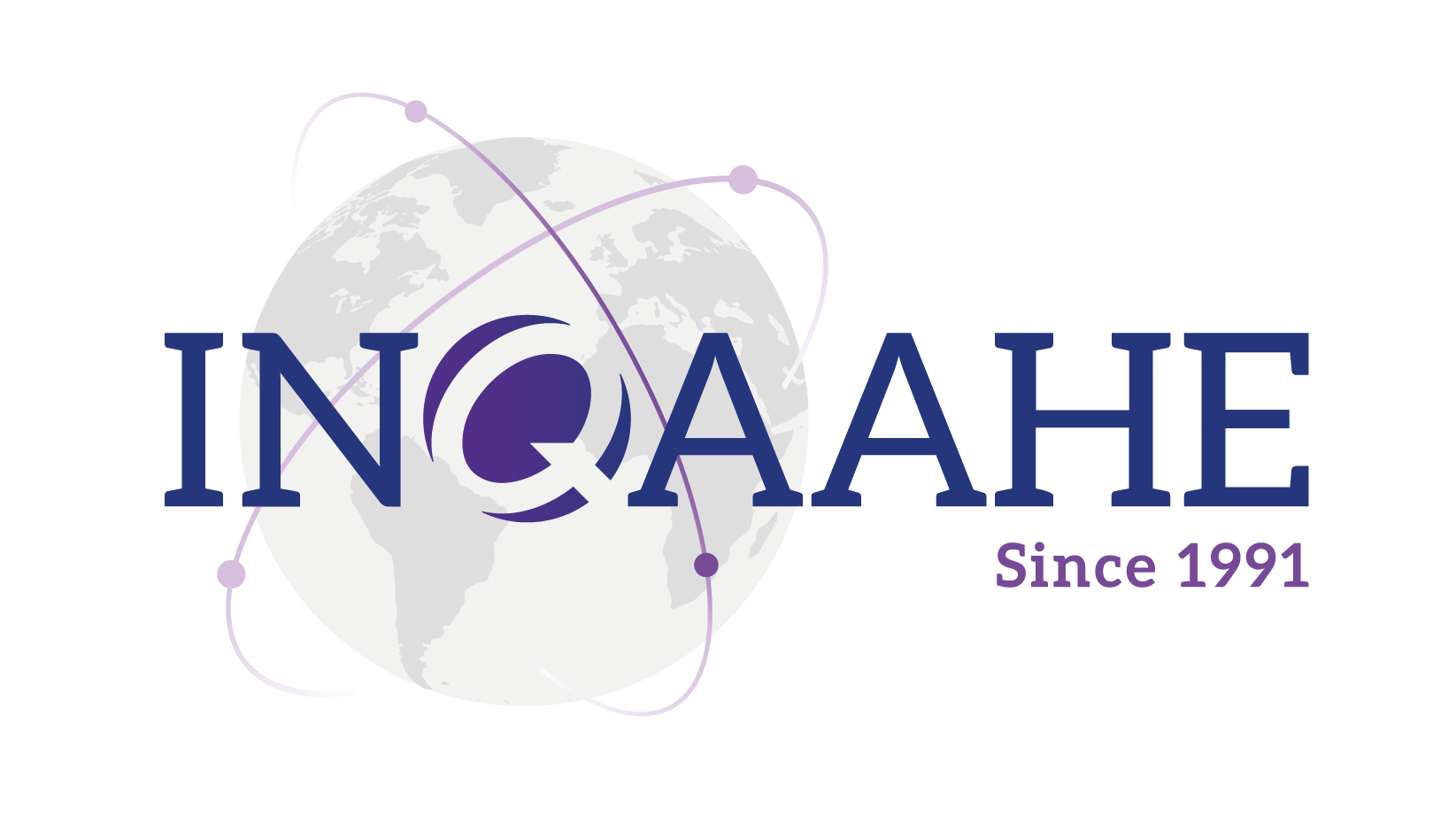Accreditation Mills
Quality assurance agencies in higher education exist for many purposes. One area of their responsibility is checking that institutions or programs meet certain criteria, requirements or standards, or achieve certain levels of performance. This task is commonly called accreditation, but other terms exist, such as assessment, licensure, recognition, authorisation, etc. Accreditation checks can be mandated by government or required by other organisations, and can be for the purpose, inter alia, of
- triggering funding of an institution or program
- enabling students to receive grants and loans
- recognising degrees and diplomas by the government
- authorising employment of graduates
- preventing or closing an institution
The accreditation process is intended to prevent the creation or continuation of poor quality programs or institutions, and hence it is a consumer protection mechanism. Some institutions are genuine but of poor quality, and some institutions (often called degree mills or diploma mills) purport to provide qualifications, at a price, but the qualification is worthless because the ‘institution’ requires insufficient – perhaps no – work to achieve it.
The accreditation process is intended to weed out these inadequate institutions. Therefore, in a country where such gatekeeping, policing or quality control exists, potential students or would-be employers of graduates are advised to check that an institution is in good standing with the relevant accreditor.
To assist the consumer of higher education, UNESCO has developed a Portal that provides reference to accredited institutions in many countries.
Unfortunately, some unscrupulous operators have recognised that the basic consumer check is to ask whether an institution is accredited, and so there has been an emergence of bogus or spurious accrediting bodies, often, by analogy, called ‘accreditation mills’. These enable an institution to claim to be accredited, hence circumventing the consumer’s first line of defence. The existence of accreditation mills therefore means that a consumer (student, employer, etc.) must go one step further and investigate whether the claimed accreditation is itself valid and meaningful.
The US Council for Higher Education Accreditation (CHEA) has suggested the following tests that can be applied to a purported accrediting body. If the answers to many of the following questions are yes, the accrediting organization under consideration may be bogus:
- Does the operation allow accredited status to be purchased?
- Does the operation publish lists of institutions or programs they claim to have accredited without those institutions and programs knowing that they are listed or have been accredited?
- Does the operation claim that it is recognized (by some other body) when it is not?
- Are few if any standards for quality published by the operation?
- Is a very short period of time required to achieve accredited status?
- Are accreditation reviews routinely confined to submitting documents and do not include site visits or interviews of key personnel by the accrediting organization?
- Is ‘permanent’ accreditation granted without any requirement for subsequent periodic review, either by an external body or by the organization itself?
- Does the operation use organizational names similar to recognized accrediting organizations?
- Does the operation make claims in its publications for which there is no evidence?
- Does the operation claim that its accreditations would have international status?
- Does the operation claim recognition by international bodies or associations that in themselves are not in to the field of accreditation? (Examples would include UNESCO, NAFSA, AACRAO, EAIE).
To further assistance in the identification of valid agencies and, by contrast, detect whether an agency might be bogus, INQAAHE offers the following pointers to some lists of recognised and valid accrediting / quality assurance / recognition bodies:
- INQAAHE’s full members
- The Council for HE Accreditation (CHEA)
- The European QA Register (EQAR)
- ENQA full members
- APQN full and associate members
- Dutch Diploma Mill website
INQAAHE members are invited to suggest other lists of bona fide quality agencies. Accredibase provides a related service for a fee.

